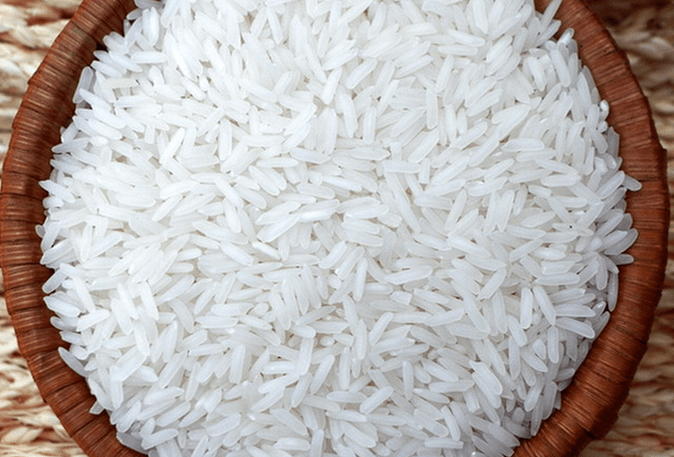Rice imports to Mexico totaled US$274.7 million from January to July 2022, a year-on-year rise of 16.5%, according to data from the Bank of Mexico (Banxico).
While in the full year of 2021, these foreign purchases totaled 399 million dollars, the record in this indicator was recorded in 2020, with 448 million dollars.
As for 2021, the largest external suppliers of rice to Mexico were the United States, with a share of 87.1%, followed by Uruguay (8.6%), Argentina (2.9%) and Paraguay (1.3 percent).
According to the U.S. Department of Agriculture (USDA), China uses its technical prowess in rice as a goodwill tool abroad.
China’s numerous overseas rice projects are managed by companies and have a mix of commercial and foreign aid objectives.
In 1996, the Xintian Group (also known as Suntime Group), a company affiliated with China’s Xinjiang Production Corps, which has 14 subsidiaries in the tourism, petroleum, coal, and real estate sectors, as well as in agriculture, set up a foreign aid-type rice farm in Cuba.
The USDA reports that the 5,000-acre rice farming project that produces food for the local market may have generated goodwill for a much larger $150 million hotel investment in the country and a Cuban-themed hotel in Shanghai.
On the other hand, the USDA indicates that Xintian’s investment in a Mexican rice farm followed a bilateral agreement reached during a 1997 visit to Mexico by the Chinese prime minister.
China does not import rice or any other grain from either Cuba or Mexico.
Rice imports
Other companies founded by research institutes, such as Hubei Provincial Seed Group and Longping High Tech Co. have excelled in both foreign aid projects and rice seed exports in Southeast Asia, South Asia and Africa.
Descriptions of the Belt and Road Initiative suggest that rice will play a prominent role, as seed companies promise to provide technical assistance and training to Asian and African countries to increase rice yields while creating new markets for Chinese seed exports.
However, USDA concludes that the success of the initiative may be limited by regulations limiting exports of China’s most advanced rice seeds.
![]()

